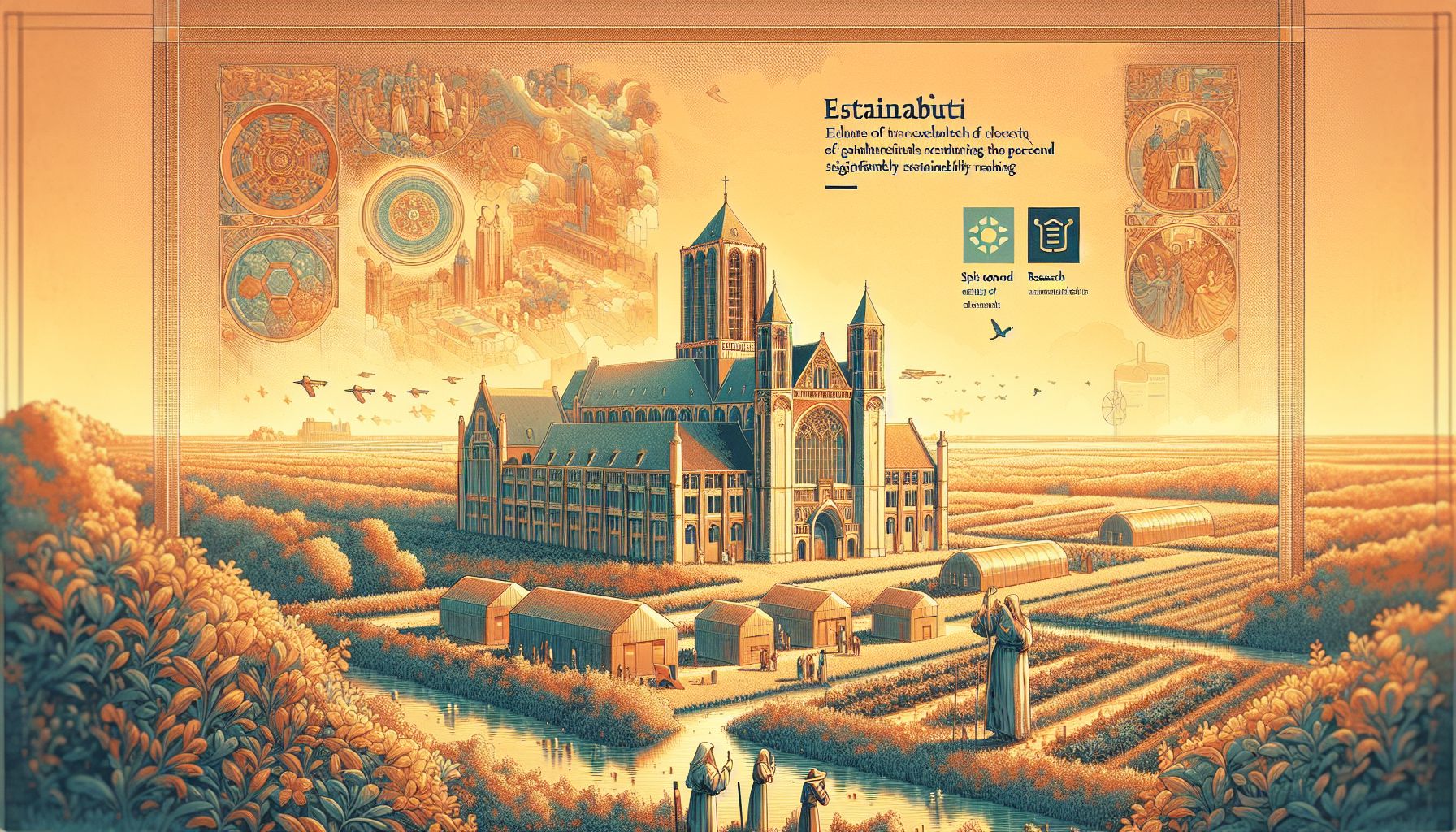TU Delft Achieves Second Place in Sustainabul Sustainability Ranking

TU Delft has secured the second position in the Sustainabul ranking, emphasizing its strong commitment to sustainability in education and research, significantly impacting its environmental footprint.
A Leap Forward in Sustainability
In a remarkable leap from its previous position, TU Delft moved from eighth place in 2023 to second place in the 2024 Sustainabul ranking. This annual ranking, organized by Studenten voor Morgen, evaluates the sustainable performance of higher education institutions in the Netherlands. TU Delft’s impressive score of 333.5 out of 360 points reflects the university’s dedication to integrating sustainability into its core activities, including education, research, and operations[1][2].
Green Database: A Model for Sustainable Education
One of the standout initiatives that contributed to TU Delft’s high ranking is the Green Database, an interactive online platform launched at the start of the 2023 academic year. This database allows students to explore courses linked to the United Nations Sustainable Development Goals (SDGs). The Green Database helped TU Delft secure a spot in the top five for the ‘Best Practice’ award, although the ultimate prize went to Radboud University[3].
Excellence in Research
TU Delft scored exceptionally well in the research category, earning 109 out of 110 points. The university’s projects often focus on sustainability, including efforts to improve energy efficiency and reduce emissions. These research initiatives not only contribute to the university’s high ranking but also have a broader impact on sustainable development globally[2].
Operational Improvements
While TU Delft excelled in education and research, there is still room for improvement in its operations. The university received 87.5 out of 110 points in this category, with Studenten voor Morgen noting that further efforts to reduce energy consumption and emissions could boost the university’s score even higher in future rankings[3].
The Role of The Green Village
Another key contributor to TU Delft’s sustainability efforts is The Green Village, a field lab for sustainable innovation located on the university’s campus. Here, researchers, students, start-ups, and government entities collaborate to test and validate new technologies aimed at addressing climate change and other environmental challenges. The Green Village serves as a practical hub where theoretical knowledge is transformed into real-world solutions[4].
Future Ambitions
Looking ahead, TU Delft aims to become carbon-neutral, climate-adaptive, and circular by 2030. This ambitious goal underscores the university’s commitment to not only maintaining but also enhancing its sustainability efforts. The institution plans to continue its focus on improving the quality of life and biodiversity, ensuring that its environmental impact remains positive[1][2].

